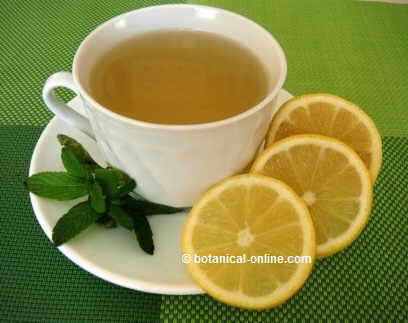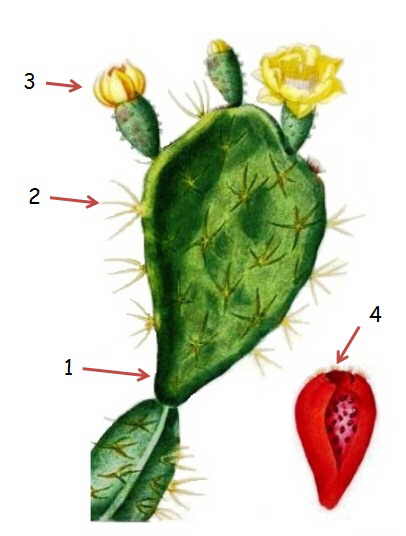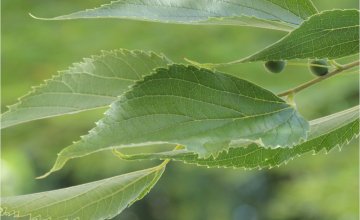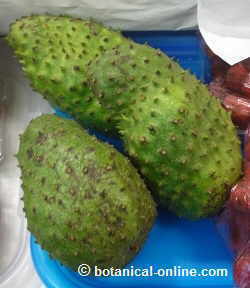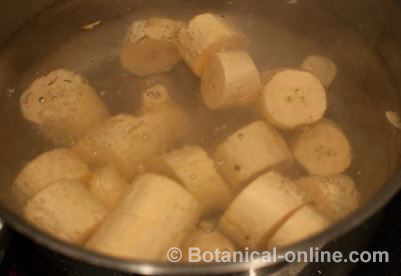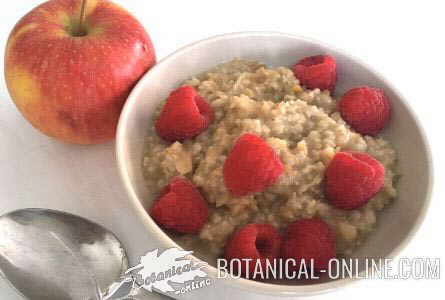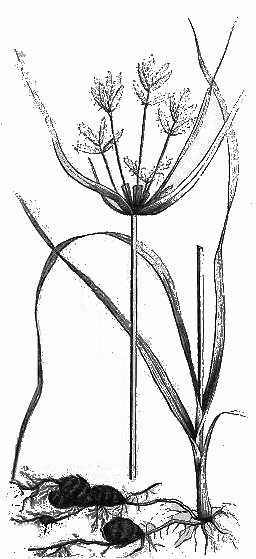Contents
(Verbena officinalis)
DANGERS OF VERBENA
Is verbena plant safe?
Vervain (Verbena officinalis) is considered safe at recommended doses in healthy adults.
The FDA (Food and Drugs Administration) of the United States classifies vervain plant as not defined, so caution should be exercised before using this plant.
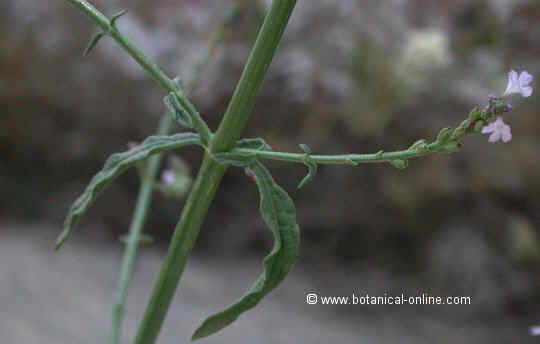
Photo of vervain (Verbena officinalis)
What are the components of vervain?
– Carbohydrates: fiber (mucilage), sugars: stachyose (notably the root and stem)
– Iridiod glycosides: aucubin, verbenalol, verbenin, verbenone and hastatoside (plant), verbenalin (whole plant, but the flowers in larger quantities).
– Alkaloids: contains a bitter principle (adenosine)
– Tannins (plant)
– Phytosterols: alpha-sitosterol (plant)
– Essential oils: citral, terpinene, lupeol, verbenone (plant)
 Dangers of verbena
Dangers of verbena
Vervain is not a poisonous plant and its potential toxicity is mainly due to misuse or higher doses than the recommended.
The essential oil is neurotoxic and convulsive, because of verbenalin, which can eventually cause nerve paralysis and seizures.
On the ground, verbenalin (glucoside) is most abundant in the flowering tops of the plant. This component disappears during drying.
At high doses the plant can be emetic.
It is worth noting that the plant has significant side effects, especially those related to pregnancy. Verbena has been for years a plant to accelerate childbirth, so, it should not be taken during pregnancy. It can cause abortion by its oxytocic effect or uterine stimulant.
Its effect is due to the action of the iridoid glycosides to bind to dopamine receptors, which stimulate the production of luteinizing hormone. Luteinizing hormone (LH) is produced by pituitary gland in the brain and has the function to induce ovulation in women and androgen production or testosterone in men.
For its uterine stimulant effect, women with endometriosis or menorrhagia (excessive vaginal bleeding) should not take it.
![]() More information on vervain contraindications and properties.
More information on vervain contraindications and properties.

